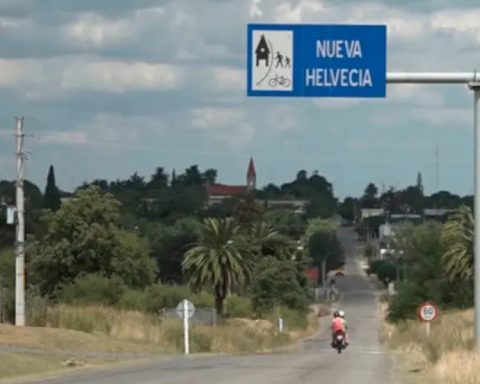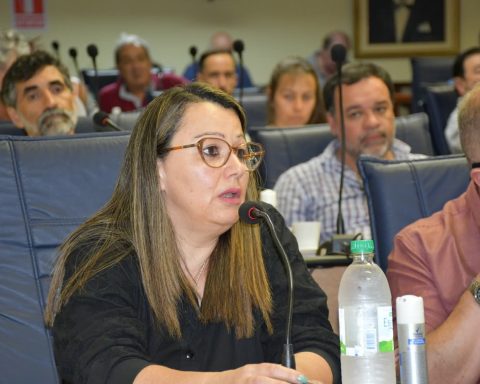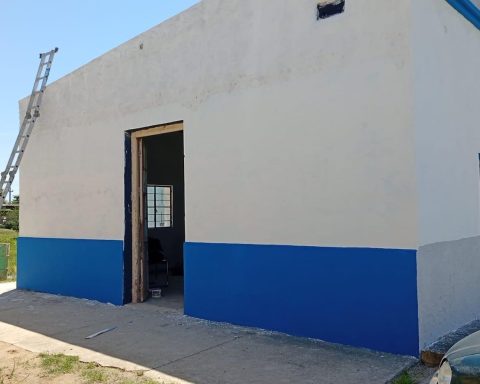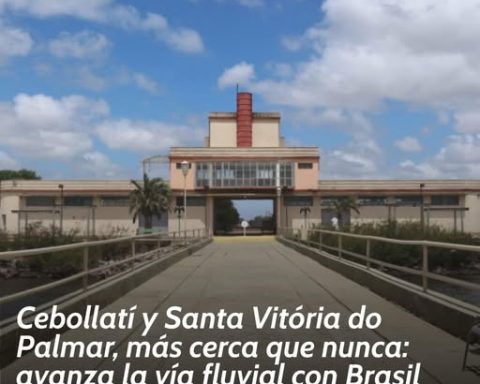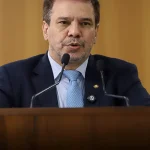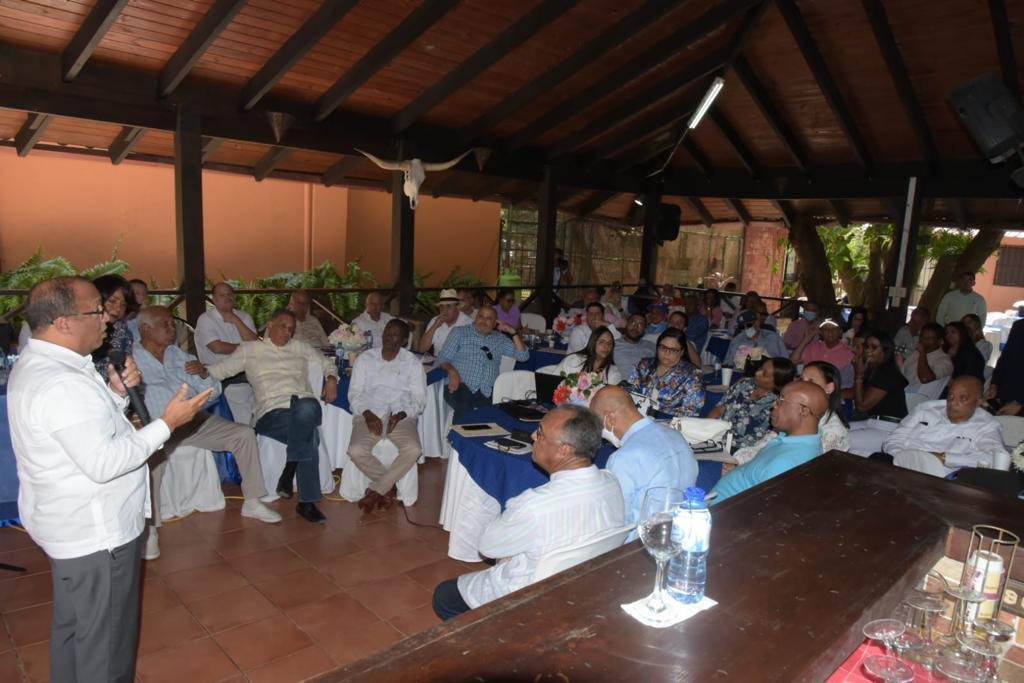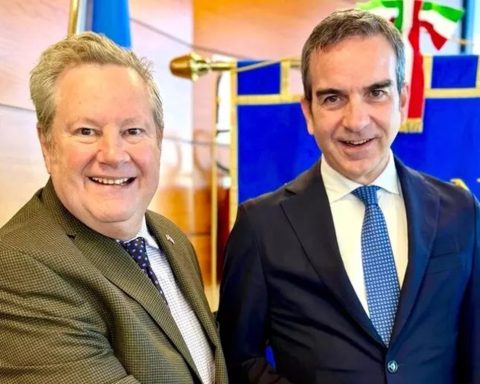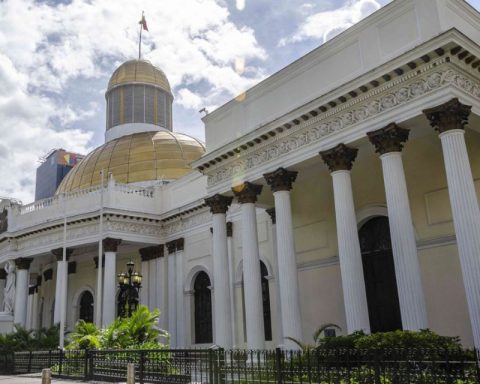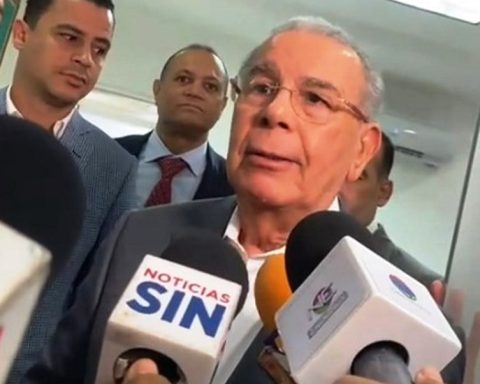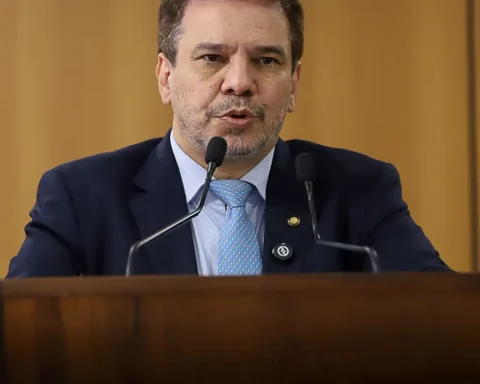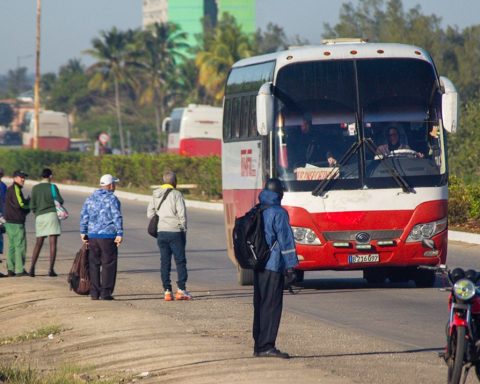In diplomacy and international relations the use of some words is measured with surgical precision. The presence (or absence) of an adjective can significantly modify the position of a country in the face of some international event or lead it to be aligned with this or that bloc. Not all terms mean the same thing and accents matter when it comes to positioning.
The position of the Uruguayan government against Russia’s invasion of Ukraine changed over the days and had marches and countermarches that required more than one statement to try to clarify a position that had not been consolidated.
From generic rejections to specific sentences, with rectification of position in international organizations, the comings and goings of the government generated questions.
Last February 23, The Ministry of Foreign Affairs of Uruguay issued a first statement referring to the “increase in tensions between Ukraine and Russia”after the president of the Eurasian power recognized the two pro-Russian separatist regions in Ukraine as independent and ordered a “displacement of military troops, in violation of the principles of the United Nations Charter,” according to the Uruguayan Foreign Ministry.
At that time, the Russian troops were still on their own territory and Vladimir Putin’s decisions were not yet the main news in the various news portals.
However, at dawn the next day, on February 24, Russia formally launched the invasion of Ukraine and led to different actors expressing themselves about the Russian procedure.
The first movement of President Luis Lacalle Pou was through social networks. On his Twitter account, he assured that “Uruguay is a country that is always committed to peace” and that thus denies “actions contrary to international law and UN principles”. The head of state urged that “negotiations to resolve the conflict in a civilized manner” return. In his first expression, Lacalle he did not use the word invasion and used a syllogism to reject President Vladimir Putin’s moves.
Russian military forces launched an offensive against Ukraine. Uruguay is a country that is always committed to peace. We reject actions contrary to international law and the principles of the UN. It is urgent that the negotiations return to resolve the conflict in a civilized way
– Luis Lacalle Pou (@LuisLacallePou) February 24, 2022
That same day, Lacalle Pou attended the inauguration of the 108th edition of the Expo Durazno, and spoke again about the conflict. In statements to the press he raised the tone regarding his tweet and spoke of “war” and “attack”. He was blunt: “It is not understood that in the XXI century, war is still an option“said the president. “An attack on the Ukrainian people, that we condemn,” he said.
Meanwhile, also on Thursday the 24th, the Foreign Ministry released a statement entitled “Use of force against Ukraine” in which it spoke of the “start of military operations by the Russian Federation against the Ukrainian territory“.
“Uruguay states that such actions are clearly in violation of the purposes and principles of the Charter of the United Nations and reiterates that Russia must respect the territorial integrity and independence of Ukraine,” the document said. The Foreign Ministry called “to resolve the current conflict of interest through diplomatic channels.” The word invasion was still absent from the position of the Uruguayan diplomacy that did not condemn the Russian actions either, beyond what was expressed by the president.
On Friday the 25th, Uruguay did not adhere to the declarations made by both the Organization of American States (OAS) and the United Nations Security Council.
The OAS issued a statement in which condemned the “illegal, unjustified and unprovoked invasion” of Ukraine by Russia and called for the immediate withdrawal of the military presence of the country led by Putin. However, the Minister of Foreign Affairs, Francisco Bustillo, as reported by The Observer, instructed the Uruguayan ambassador to the body, Washington Abdala, not to adhere to the resolution. The ambassador, then, limited himself to affirming that he urged “to get out of this situation as soon as possible to resolve the conflict in a civilized manner.”
The spread of the news, on Saturday 26, generated criticism of the government from the coalition and the opposition. Then the Foreign Ministry made a new communication entitled “Uruguay condemns the Russian invasion of Ukraine”. There, the Ministry of Foreign Affairs argued that it did not join the OAS statement because the country had already “carried out forceful public demonstrations regarding the invasion to the Ukrainian territory and condemned such actions” and had made “his own statement” that coincided with “the position adopted by the Uruguayan Foreign Ministry and the President of the Republic of condemns Russian military intervention“.
For the first time, the Ministry of Foreign Affairs directly condemned the Russian action and described it as an invasion.
On Sunday the 27th, Lacalle Pou ordered that the position be rectified and that Uruguay join the OAS declaration.
But the topic did not end there. The same Friday that the OAS pronounced itself, the UN Security Council was working on a draft resolution that condemned the Russian invasion. As reported The Observer This Tuesday, the Uruguayan delegation did not co-sponsor the draft resolution signed by 82 countries that was submitted to the Security Council last Friday and was vetoed by Russia.
Russia’s veto brought the issue to the United Nations General Assembly where Ambassador Carlos Amorín, permanent representative of Uruguay before the organization, expressed “his strong condemnation of the Russian invasion of the territory of Ukraine” and described the Russian action as a “serious and unjustifiable violation of international law”. On the other hand, he maintained Uruguay’s position of urging “the parties involved to continue efforts to resolve their differences exclusively by peaceful means through diplomatic negotiations.”
In addition, the ambassador said that “Uruguay co-sponsors and supports” the resolution that will be voted on Tuesday at the UN General Assembly. This declaration, initially rejected by Uruguay in the Security Council, will be put to a vote in the General Assembly this Tuesday and the government will accompany it.

